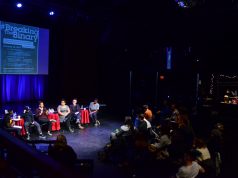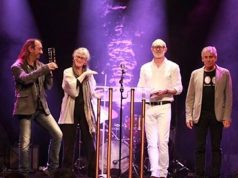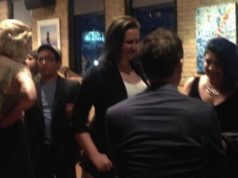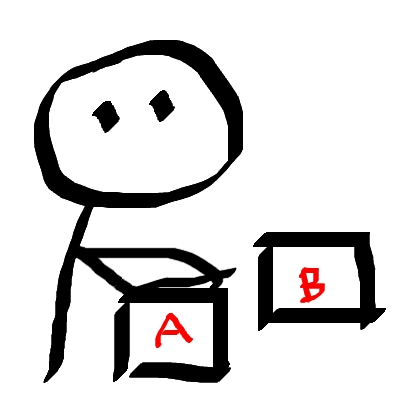
The emptiness — that hollow feeling of routine and boredom — that’s going to befall us after the votes are counted is already in the air. Regardless of this election’s outcome, Canada is headed straight for a kind of postcoital depression: Toppling over like a limp dick, no longer courting us for every moment of our attention, the Tom-Justin-and-Stephen show will transform from a bundle of exciting masculinity into an annoying mess. Slowly our ears will grow tired of day-to-day politics, and begin to close off to the quarrels on Parliament Hill.
I already fear that post-election moment when politics begin to re-retreat into the scenery of our lives instead of continuing to occupy the central role they’re currently playing. It’s deeply symptomatic of Canada’s political vulnerability that democracy and its processes only gain broad public significance when the immediate overthrow of someone like Stephen Harper is at stake.
And it is probably due to this inconsistent attitude towards politics in Canada that Canadian artists have so far failed to recognize their implicit politicization — that their bodies and minds function as political instruments — that can only be undone when artists begin to reclaim their democratic autonomy through a conscious politicization of their identities and their work.
As a result of our neglect to self-politicize — and to organize ourselves — a crucial election has now managed to pit our artistic agenda against our political conscience, forcing us to choose between our identities as artists and our responsibilities as citizens.
The Schizophrenic Artist
Arts and culture had no place or voice in this election, because something seemingly greater and more important was at stake. To continue waving the lonely flag of arts and culture, while Stephen Harper’s Conservatives suggested a bizarre, Gestapo-esque tip line to report “barbaric cultural practices”, seemed ridiculous. My needs and wishes began to feel foolish and cute: “Oh, you’d like to talk about the Status of the Artist Act? Well, fuck off! There are citizenship issues and a broken environment and an anti-terror act and traumatized Syrian refugees in need of your attention!”
In comparison to everything else that this election implied — and, above all, everything that it signified — art felt like a non-issue, like a distraction from that which really mattered. I began to feel ashamed of my needs and ideals as an artist. I decided I better stop worrying about what was going to happen to art in Canada, because man, that tip line! That citizenship act! That [fill in the blank]! In effect, I began feeling ashamed of those moments when I had cared about my life and future life as an artist in Canada: How selfish! How misguided of me! In a way, I unconsciously bought into the conservative Common Sense argument against art, allowing it to pit me against myself: “Pfff, art! Who the fuck cares? There are bigger things to worry about.”
But to deny oneself one’s needs is to confuse the body. It is to let depression seep in, to let paralysis wreak havoc. It is to tie one’s own hands.
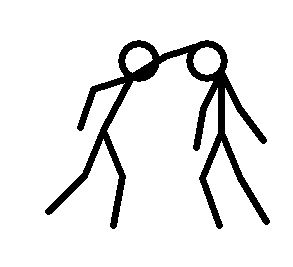
The binary between our artist-selves and citizen-selves shouldn’t exist. In order to defy destructive arguments “against” art — those that question its immediate “value and “purpose” — our “two selves” and their associated responsibilities must live in unison: in constant conversation, our art and citizenship should coincide, be productive together, through collaboration. They mustn’t force each other into silence; they mustn’t outweigh each other, or ever make each other feel small and insignificant; instead they should strengthen and depend on each other. Any other relationship between the two is illness, is fear, is suicide.
The truth is that Canadian arts are Canadian democracy and vice versa: art is deeply linked to, and intertwined with, any issue that concerns the state of the nation. Early on during election season, on August 25, when lobbying for arts and culture wasn’t yet a petty act worthy of self-hatred, I wrote an open letter to the leaders of Canada’s four major political parties, outlining how and why art and culture are a crucial democratic constituent:
“Historically, the arts have functioned as a means … of engaging with, questioning, and criticizing the state of society. Consider, for example, the many works of Leonard Cohen or Margaret Atwood. Consider Michel Tremblay’s play Les Belles-soeurs, Sky Gilbert’s Drag Queens on Trial, Tomson Highway’s The Rez Sisters, Hannah Moscovitch’s This is War, Brad Fraser’s Unidentified Human Remains and the True Nature of Love — the list goes on. These works have been instrumental in the social, moral, and democratic education of Canadians, allowing their readers and audiences to employ their intellects and imaginations independently, to construct and negotiate possible versions of the world, to explore, ponder, and deliberate. “The kind of problem that literature raises,” is crucial, because, as Northrop Frye points out, it “is not the kind that you ever solve.” In other words, the arts comprise an essential component of Canadians’ intellectual and political self-determination.”
Stop the Drain
In order for the above to be true — in order for us to embody our democratic function — we must reconcile our artistic identities with our responsibilities as democratic citizens. We must disable our politicians’ “barbaric cultural practice” of pitting our artistic agenda against our democratic conscience, of playing us against ourselves. We must instead begin to regard our two halves as a whole, as indispensable entities of an organic organism. And to get there, we must ask ourselves some questions — NOW, not at the next election:
- What is our project? What does our political system demand from us — what kind of art and what kind of action? To what extent do art, action, and activism coincide? The question is not whether the tip line is “more important” than art, but rather in what relationship art stands to it. Our job as artists is to think about how we, specifically as artists, should be responding to such political ideas and events.
- Is there an “Us”? Does a “We” exist in the artistic community? If so, how and where? And if not, why? What would have to happen for us to become a “We”? Do we think a “We” is possible? Is it necessary?
- What are our needs? Who is going to defend them? How should they be defended? How important is it to have a strong lobby comprised of artists?
Who is responsible for democracy in a democracy? To some extent, we ourselves are at fault for the non-issue that the arts have become. This election has shown us what has been true for a while: that spectacles don’t happen on wooden stages anymore, that stories are no longer told merely in books and on TV. Many stages have emerged throughout this election, all of which we must begin to inhabit. Doing so will imply hard work, interdisciplinary collaborations, the discovery of new art forms, and ultimately re-definitions of art as a whole. If we continue to ignore the way of the world and the political dismantling of our profession, the bloodletting of Canadian artists is going to leave only empty shells of us behind.







